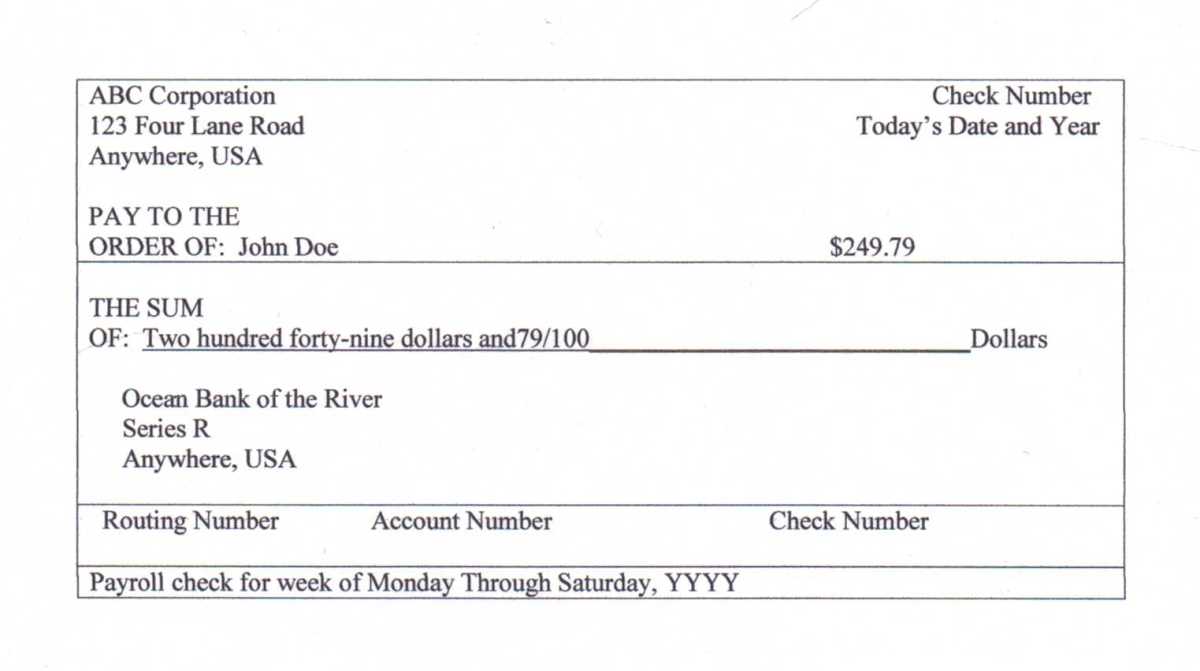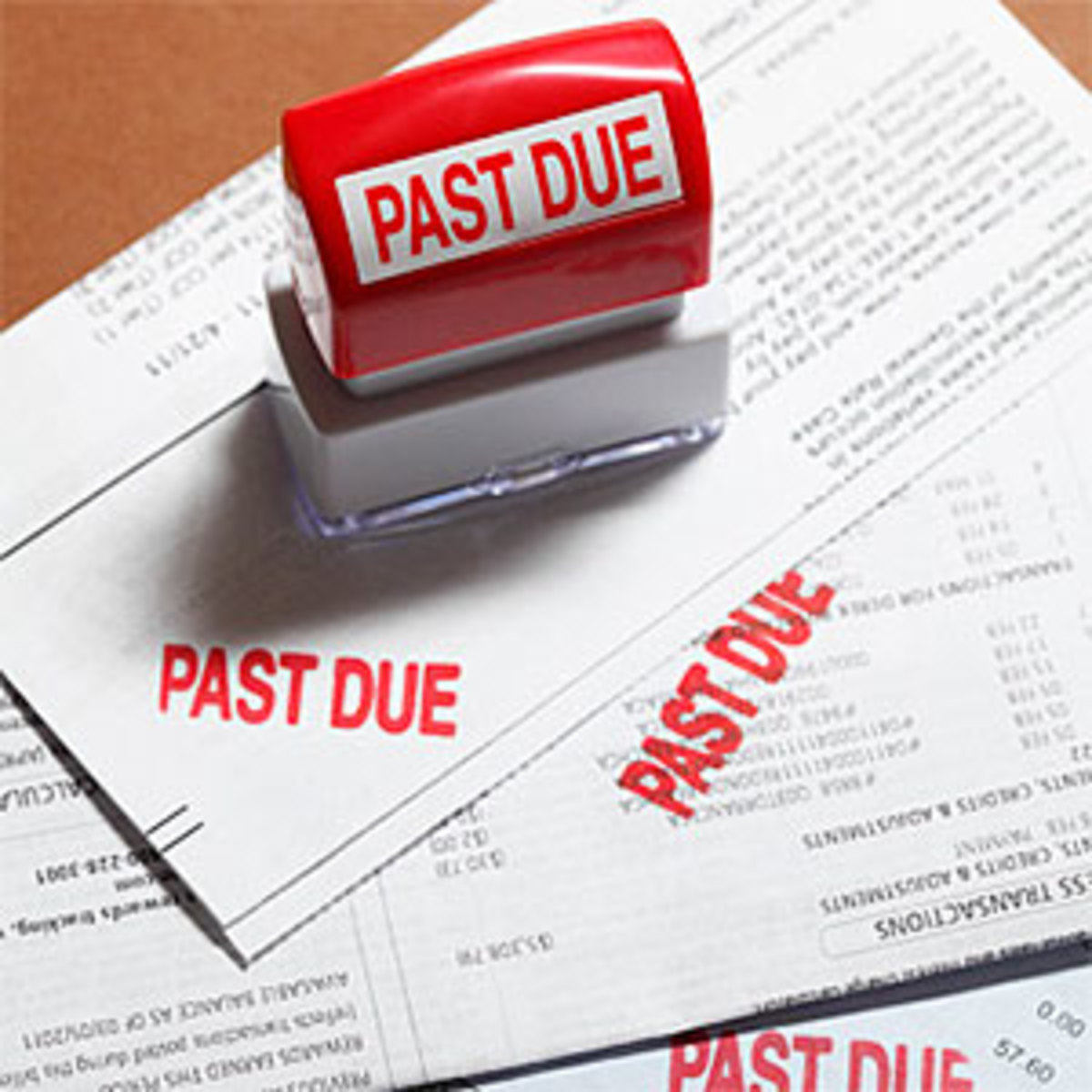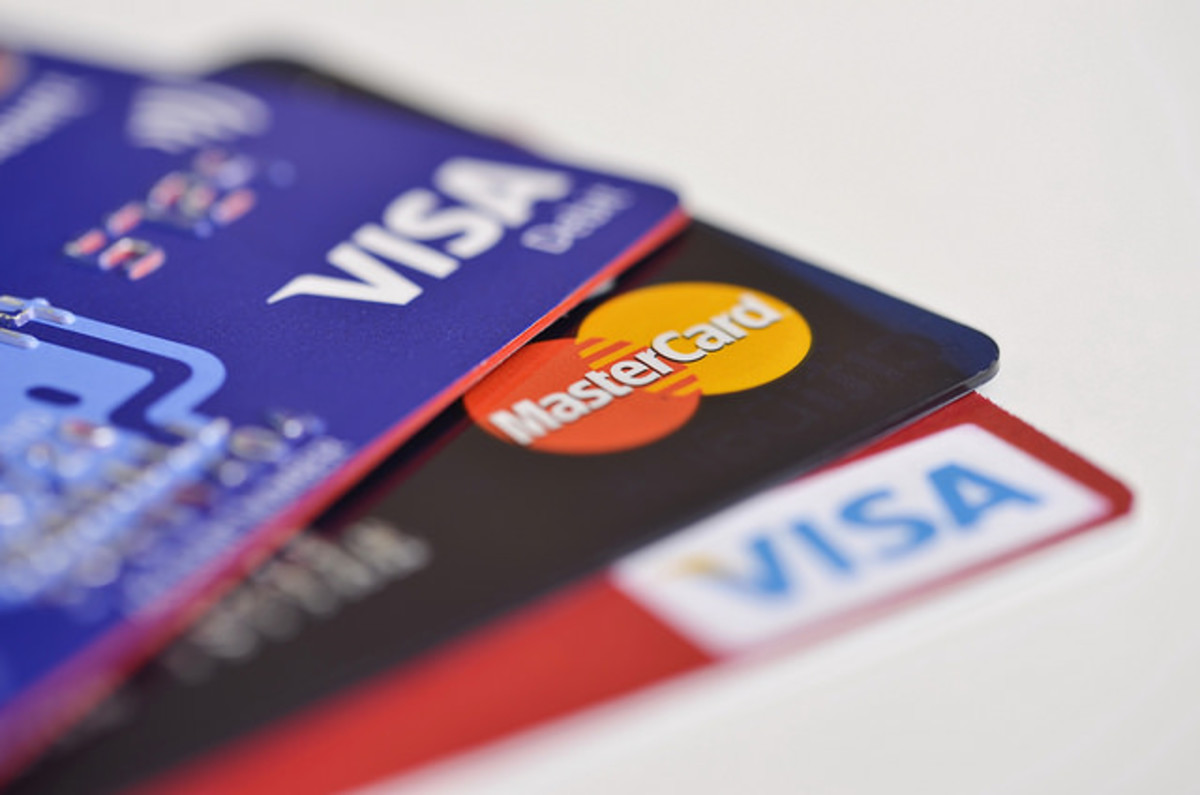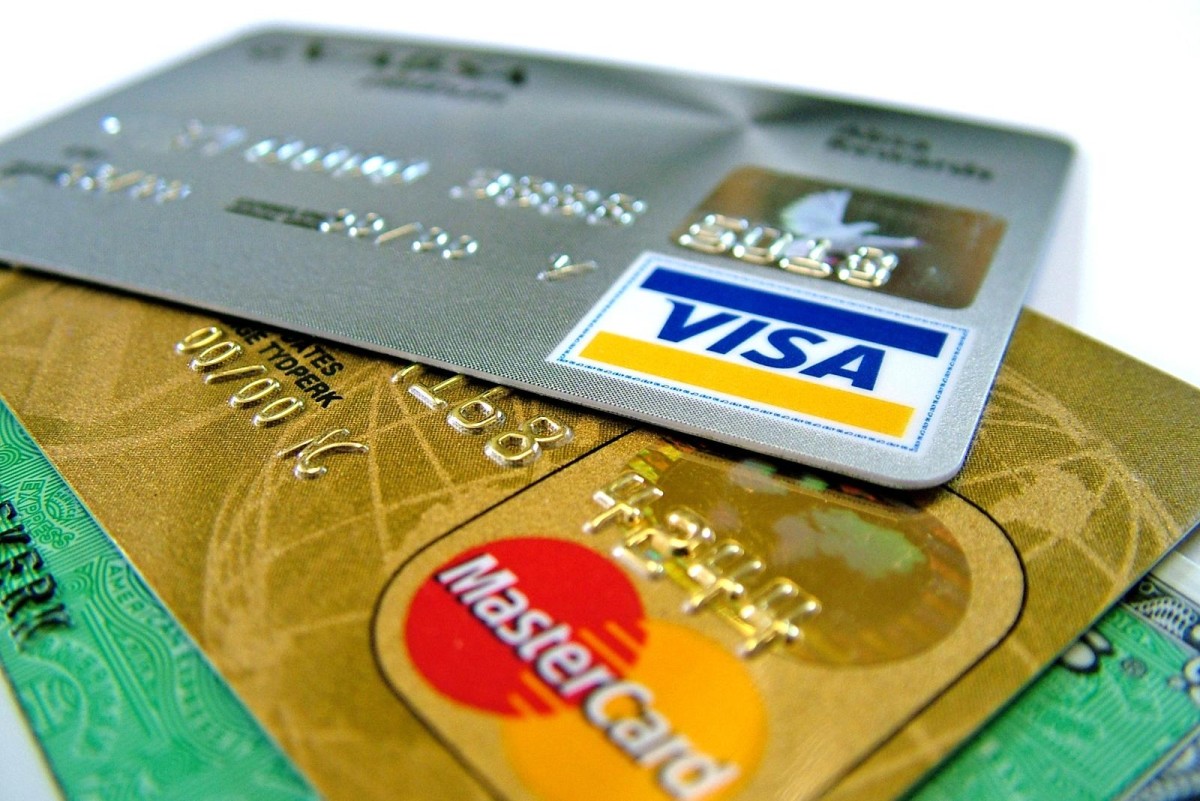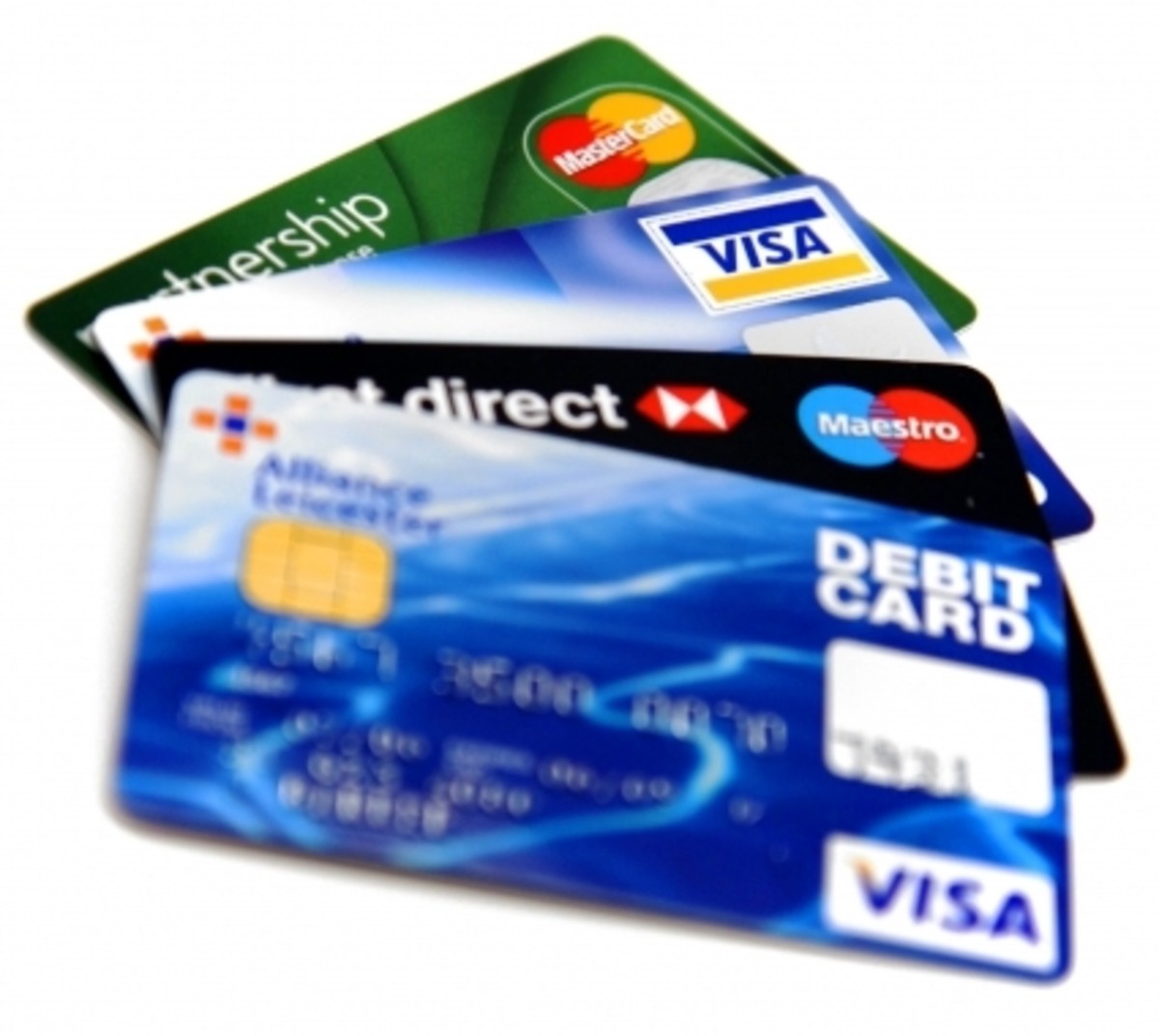How to Improve Credit and Increase Savings With a Limited Budget
Improve Your Credit Score While On A Tight Budget
When it comes time to get a loan for the car or house of your dreams, you will want to have the highest credit score possible.
But, how do you improve your credit while your on a limited budget? This article will cover several easy tips to help you increase your credit score.
Having a high credit score, preferable in the 'Excellent' range can lower your interest rate considerably when you are trying to attain a loan or credit card.
Since each percentage point counts (especially if it is a large purchase like a house) you will want to put the following tactics into play to save money by improving your credit score.
Credit Cards Can Effect Your Credit Rating
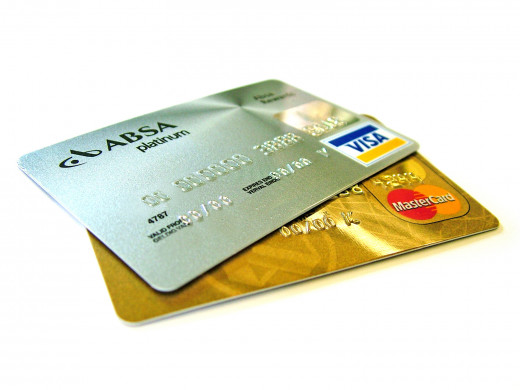
How Do You Get Good Credit?
Paying bills on time: This is the number one, biggest thing that will affect your credit score. Pay your bills on time. If you do find that you are late on a bill, pay it as soon as possible.If you are having trouble paying bills, call the provider to see if there is a payment arrangement you can work out. Most providers would rather have you pay a lower amount over a longer period of time rather than not getting paid at all. If they see that you are paying after you have made an arrangement, you will not ruin your credit.
Credit card balances: Keep the balances on your credit cards lower than 30% of the credit line. Do not close credit cards since this reduces your credit line. If you could, see if you could get an increase on your credit line on existing credit cards. This will increase your credit limit and in turn, help to improve your credit score.
Paying off debt: It is best to pay your credit cards off each month. By doing this, you will also save money since you will not be paying interest or fees. When you keep your balances low, you are showing that you have a low debt-to-credit ratio, which is a big factor in increasing your credit score.
Managing credit history: Check your credit history for incorrect information. You can check your credit score once a year through each of the major credit agencies. They are Equifax, Experian and TransUnion. If you check one of them every 4 months you will be able to check your credit score three times each year for free!
Length of credit history: In short, the longer you have had a credit card, the more it will help your credit score. New credit cards will bring your credit score down.
Types of credit: The type of credit you have can either help or hurt your credit score. A good mix will help your credit score. If you just have credit cards, this will hurt your credit score. If you have a mortgage, car loan and credit card, you have a healthy mix of credit which will help your credit score.
Recent searches for credit: If the credit agencies see multiple inquiries on your credit score, this will hurt your score. Try not to open to many credit cards at one time. It can be tempting when the holiday season comes and the stores are offering freebies and discounts if you sign up for a store card. Avoid temptation and kindly let them know that you are trying to cut down on credit cards.
Pay Your Debt Down

What Is A Good Credit Score?
A FICO score can range from 300 to 850. You want your score to be as high as possible.
- 760-850 Excellent
- 700-759 Very Good
- 660-699 Good
- 580-619 Poor
- 620-659 Not Good
- 500-579 Very Poor
- Simple Ways to Painlessly Reduce Debt and Increase Savings
Taking small but consistent steps to cut expenses and increase savings are more effective than waiting for a big raise or other financial windfall. Better money management requires a change in habit
Video: 5 Tips To Raise Your Credit Score Fast!
- Fix My Credit Score - Without Charging Me
Before you hire someone to repair your credit, consider taking some steps yourself and learn important mistakes to avoid.
Put Money In Your Piggy Bank

This article is accurate and true to the best of the author’s knowledge. Content is for informational or entertainment purposes only and does not substitute for personal counsel or professional advice in business, financial, legal, or technical matters.
© 2012 Melanie Casey

